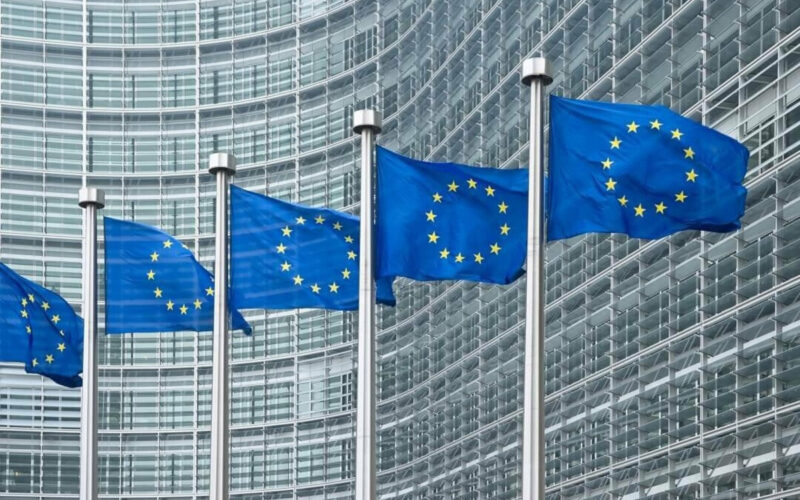The digital asset ecosystem in Europe is experiencing significant growth as institutions expand their services to decentralized finance (DeFi) amidst market turmoil. A recent market report by Chainalysis, an on-chain analytics firm, highlights the growth of the industry in Central, Northern, and Western Europe (CNWE) as well as the United Kingdom’s (UK) dominance in its jurisdiction and the impact of the Markets in Crypto Asset (MiCA) regulation.
Central, Northern, and Western Europe (CNWE) Emerges as a Key Player in Global Cryptocurrency Transactions
The CNWE region accounts for 17.6% of global cryptocurrency transactions between July 2021 and June 2022, making it the second-largest region in the same metric, just behind North America. With over $1 trillion in recorded inflow values, both traditional and decentralized institutions are increasing their efforts to tap into the region’s DeFi space by launching various web3 initiatives targeting specific niches.
Within CNWE, DeFi makes up 54% of the total ecosystem value, with countries experiencing growth in lending applications, decentralized exchanges, and related platforms. The United Kingdom, Spain, France, Germany, Italy, and the Netherlands are among the top 50 grassroots adopters of cryptocurrency worldwide. These countries play a pivotal role in driving crypto adoption in CNWE.
“CNWE includes six of the 50 highest grassroots adopters of cryptocurrency around the world: the United Kingdom (14), Spain (22), France (23), Germany (26), Italy (37), and the Netherlands (39). Keep reading to learn more about what drives crypto adoption in these countries.”
UK’s Progress as a Crypto Hub
The United Kingdom has emerged as a major crypto hub with projected growth in the coming years. The country has implemented industry-friendly policies and positive regulations to enhance investor confidence. In the past 12 months alone, the UK has recorded a transaction volume of $252.1 billion, ranking 14th on the Chainalysis Global Crypto Adoption Index.
In June, the UK passed the Financial Services and Markets Bill, which includes digital assets in its regulatory framework and grants the government the authority to enact laws regarding stablecoins. Although stablecoin activities were affected by the bill, crypto executives praised the country’s commitment to creating a predictable business environment that embraces web3 technology while protecting consumers.
“We’re thrilled to open our first international office in a jurisdiction that welcomes blockchain technology and is committed to creating a predictable business environment by pursuing regulations that both embrace web3 and protect consumers.” – Chris Dixon, Founding Partner at a16z.
Europe as a Whole Attracts Attention from Developers and Executives
Europe, as a whole, continues to draw more attention from developers and executives in the crypto space. The signing of MiCA, which is set to take effect in 2024, is a notable development expected to foster financial stability through a single regulatory regime adopted by several countries. The legislation has garnered significant attention from stakeholders who view it as a landmark regulation.
“Already, MiCA appears to have created favorable environments for crypto innovation. We spoke to industry leaders in France, Italy, and Germany to gain insight into these impacts.” – Chainalysis Research.
In contrast, the United States currently has scattered crypto regulations with no clear direction, resulting in numerous lawsuits involving the Securities and Exchange Commission (SEC) and various web3 companies. The lack of a unified regulatory framework hinders the country’s ability to follow Europe’s lead in the crypto space.















